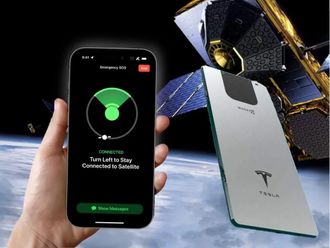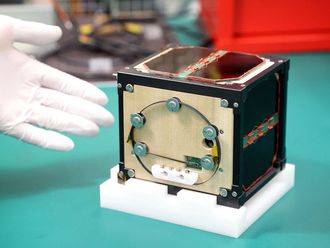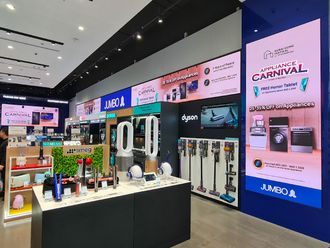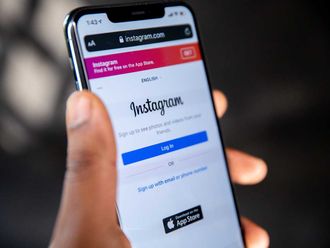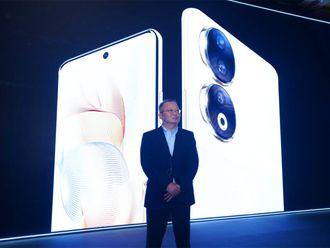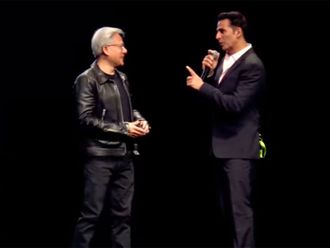Washington: A US trade agency said it will review a judge's findings that Motorola Mobility Holdings infringed one Microsoft patent and not six others.
The US International Trade Commission (ITC) said on Friday that it will consider aspects of all seven patents. The agency has the power to block imports of products that violate US patent rights. Notice of the decision was posted on the agency's website.
Motorola Mobility, being bought by Google, was accused of infringing seven Microsoft patents. Microsoft said it's owed royalties from any company making products running on Google's Android operating system, and filed the ITC complaint to stop imports of Motorola Mobility's Android-based phones.
The judge found that the six patents weren't infringed, and that two were invalid. The case targets Motorola Blur devices, including the Atrix, Backflip, Bravo, Charm, Cliq, Devour, Droid, Droid 2, Spice and the Xoom tablet.
The commission said it will consider the judge's infringement analyses of the patents, the validity of the patent that Administrative Law Judge Theodore Essex had found infringed, and whether Microsoft had met the requirement that it be using the inventions as well.
"We look forward to the ITC's review of the issues it has identified," Microsoft Deputy General Counsel David Howard said in an emailed statement. "We remain confident that the Commission will affirm that Motorola has infringed our intellectual property."
Motorola Mobility said the questions asked by the commission may help it win the case.
Broader effort
"Motorola is pleased with today's ITC notice identifying the issues to be reviewed in the ALJ's initial determination of December 20, 2011," Christa Smith, a spokeswoman for the company, said in an email.
The case is part of a broader effort to curtail the growth of Android, licensed for free by Google to further its mobile-advertising business. The platform has become the most popular for smartphones, with 51 per cent of the global market in the fourth quarter, compared with two per cent for Microsoft, according to researcher Gartner.
Microsoft, the world's biggest software maker, has said it reached licensing agreements with makers of more than 70 per cent of the Android-based smartphones sold in the U.S.
Apple, whose operating system had 24 per cent of the global smartphone market, also is suing makers of Android devices, seeking to force Android handset and tablet makers into removing key features that it contends copy the iPhone and iPad. Overall, the companies are vying for share of a market that researcher IDC said increased 55 per cent last year.
Motorola Mobility has filed its own patent-infringement claim against Redmond, Washington-based Microsoft at the agency, seeking to block sales of the XBox video-gaming system. Essex is scheduled to release his findings in that case on April 23.
Infringed patent
The patent found to be infringed by Essex is among those covering a Microsoft program called ActiveSync, which is broadly licensed through the industry, including to Apple and Google. Motorola Mobility, based in Illinois, has said it would be able to design around the patent to ensure imports aren't stopped.
The patents in which no violation was found by the judge involved methods to eliminate redundant data transmission, generate meeting requests, create file names, select from content menus, manage changes to a contact database and integrate computer functions to a telephone.


